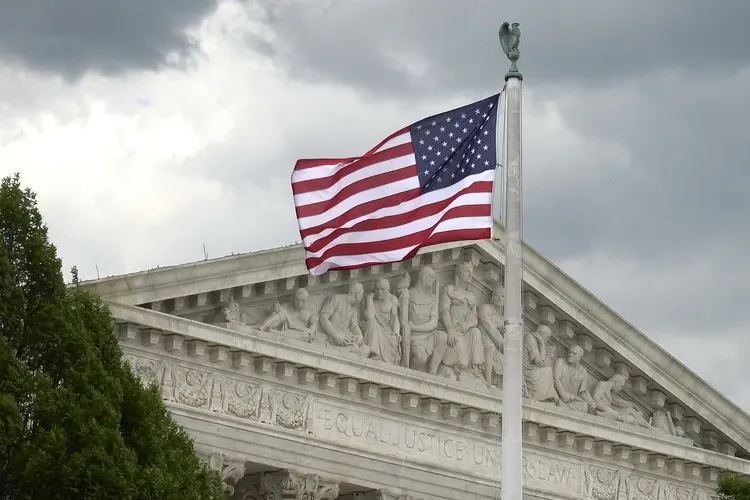The Supreme Court ruled on Thursday against the affirmative action policies at Harvard University and the University of North Carolina, a landmark decision that dealt a significant blow to schools which admit prospective students on the basis of race.
Chief Justice John Roberts authored the opinion on behalf of the six conservative members of the Supreme Court, contending that admissions policies at the two universities “lack sufficiently focused and measurable objectives warranting the use of race, unavoidably employ race in a negative manner, involve racial stereotyping, and lack meaningful end points.” The conservatives had expressed skepticism during oral arguments last year as attorneys for the two schools claimed that racial diversity offers meaningful benefits to educational experiences.
Roberts clarified in his opinion that universities can weigh a student’s discussion of their racial identity and related effects upon his or her life but noted that “many universities have for too long wrongly concluded that the touchstone of an individual’s identity is not challenges bested, skills built, or lessons learned, but the color of their skin.”
Justice Clarence Thomas, one of two black members of the Supreme Court, wrote in a concurring opinion that the policies were meant to “ensure a particular racial mix in their entering classes,” an objective contradictory to the “colorblind” nature of the Constitution.
“While I am painfully aware of the social and economic ravages which have befallen my race and all who suffer discrimination,” Thomas wrote, “I hold out enduring hope that this country will live up to its principles so clearly enunciated in the Declaration of Independence and the Constitution of the United States: that all men are created equal, are equal citizens, and must be treated equally before the law.”
The arguments considered by the Supreme Court at the end of last year were introduced by Students for Fair Admissions, a coalition of Asian students who noted that universities effectively penalize Asians relative to their fellow applicants seeking acceptance to elite schools. Analyses have indeed found that Asian students require SAT scores roughly 450 points higher than black applicants, 270 points higher than Hispanic applicants, and 140 points higher than white applicants to compete in the admissions process.
Justice Ketanji Brown Jackson, the other black member of the Supreme Court, issued a dissenting opinion which claimed that the majority had a “let-them-eat-cake obliviousness” toward the importance of racial progress.
“No one benefits from ignorance. Although formal race-linked legal barriers are gone, race still matters to the lived experiences of all Americans in innumerable ways, and today’s ruling makes things worse, not better,” she wrote. “The best that can be said of the majority’s perspective is that it proceeds (ostrich-like) from the hope that preventing consideration of race will end racism. But if that is its motivation, the majority proceeds in vain. If the colleges of this country are required to ignore a thing that matters, it will not just go away. It will take longer for racism to leave us. And, ultimately, ignoring race just makes it matter more.”
Most Americans oppose the consideration of race or ethnicity as a factor in college admissions, according to a recent survey from Pew Research Center. Despite the greater share of participants approving of affirmative action, more than four in five responded negatively when asked if colleges “should consider race or ethnicity when deciding which students to accept.”
Respondents to the survey were divided largely along party lines: nearly three-quarters of Republicans disapproved of “selective colleges and universities taking race and ethnicity into account in admissions in order to increase the racial and ethnic diversity at the school,” while a slight majority of Democrats approved of the policy.



